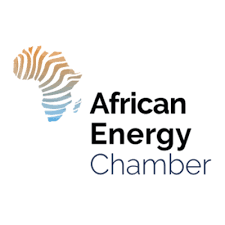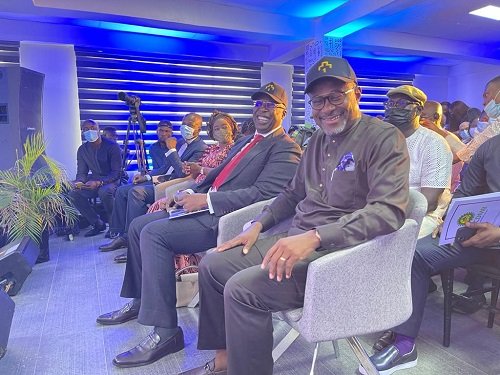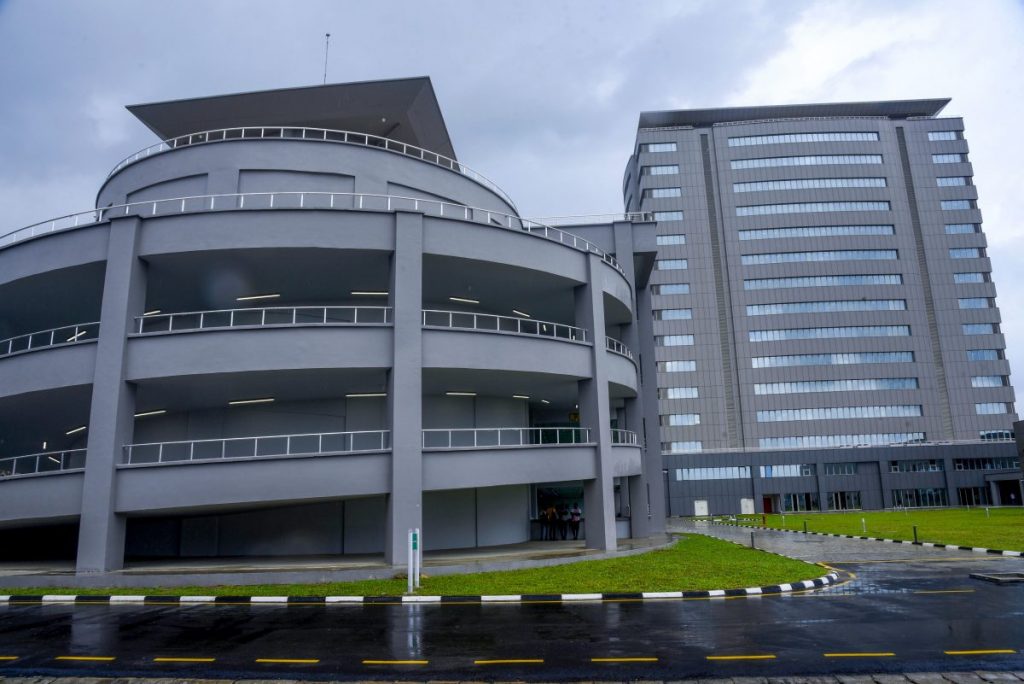 03 Januardy 2012, Sweetcrude, Port Harcourt – Taiwo Ekundayo and I were both surprised at how fast we closed the deal. At the time neither of us knew that we’d not see the end of the transaction. It was a simple enough business transaction: take me to the Port Harcourt International Airport from my Trans Amadi neighbourhood. N2,000.00 sir! Done! The man told me later he’d made only N600.00 all day. Having benefitted from his dire situation, I was too ashamed to confess to him I’d paid twice the amount on my last trip. We drove into a filling station, then another and another.
03 Januardy 2012, Sweetcrude, Port Harcourt – Taiwo Ekundayo and I were both surprised at how fast we closed the deal. At the time neither of us knew that we’d not see the end of the transaction. It was a simple enough business transaction: take me to the Port Harcourt International Airport from my Trans Amadi neighbourhood. N2,000.00 sir! Done! The man told me later he’d made only N600.00 all day. Having benefitted from his dire situation, I was too ashamed to confess to him I’d paid twice the amount on my last trip. We drove into a filling station, then another and another.
“I’m sorry sir but I can’t take you to the airport,” he told me with resignation.
“And why is that?” I asked him with my coolest baritone.
“Oga, they all have fuel but they won’t sell. They said government told them to co-operate. Sorry sir but my fuel is too low to take us to the airport.”
The matter is that simple; the government of Nigeria, faced with stiff opposition to its planned withdrawal of the only subsidy it grants the people, resorts to cheap blackmail to coerce their will. It tells you everything you want to know about the present national leadership, that is, if its handling of the two major crises it has faced were not sufficient testimonials of its credentials. President Jonathan happily hid behind cabinet members like Dora Akunyili to do his bidding when the Yar’Aduas would not hand him the reins of power. With Boko Haram, there was no longer a place to hide and unfortunately for Nigeria, the man who could not muster the trade mark chivalry of the Ijaw to fight his own battles against the wife of his former boss also lacks the courage, what Mexicans call cojones, to face up to the Boko Haram challenge.
The truth is that subsidising the energy needs of a hundred and fifty million people is a massive economic issue that cannot be downplayed no matter one’s convictions on the subject. But another truth so simple that it reveals the incompetence of the Nigerian government is that it is just another economic challenge like the ones currently faced by Greece, Italy, the United States and almost all the member countries of the EU. Nigeria, like all the other countries facing economic crises, has clear choices that must exclude blackmail in the form of hoarding. Several months ago, Nasir El Rufai published statistics that showed how much Nigerians were bleeding to maintain the executive and legislative arms of the federal government. Instead of getting technocrats and giving them the independence to fix the subsidy problem as the Italians and Greeks have done, instead of embarking on a national campaign and attempting to sell the benefits (or learning credible lessons on how to live with the reality) of subsidy removal to the Nigerian people like President Obama did with his unpopular Health Care Reform Bill and instead of making adjustments in the economy to accommodate this social stabiliser, President Jonathan’s government is playing games that may finally test the ability of Nigerians as a collective to converge at a Tahrir Square to challenge its legitimacy.
Jonathan’s government must come to terms with the reality that it is answerable to much more than the PDP represents, that Nigeria is a country of diverse interests too dynamic to bottle into a definition or an attitude on the strength of its short national history. Leaders of Arab societies are just coming to the realisation in the 21st Century that passiveness is a recessive allele in the Arabic persona. Nigerian leaders have forever formulated policies on the assumption that Nigerians can and would endure any suffering, that Nigerians cannot come together to act against an oppressive government because of the divergent array of interests represented by its ethnic nationalities. If the quest for political freedom (a modern necessity that was a luxury in the past) could inspire Arabs who are well fed, tolerably housed and heavily subsidised in almost every sphere to suicidal protest, no African government should attempt to confine its people into an attitude for all time.



